BREAKING: Toyota Unintended Acceleration Is B.S., According To NHTSA And D.O.T., Driver Error Blamed
While Toyota takes a lot of flack for having a product line that’s geared more towards the common people than enthusiasts, many speculatedthat the scandal regarding Toyota’s unintended acceleration accusations was largely a combination of schadenfreude and political motivated rhetoric. People love to see the big guy take a fall, and this was no exception.
Now, a report from the Wall Street Journal says that the National Highway Traffic Safety Administration has analyzed vehicle data and their findings are consistent, showing that at the time of the incidents, the throttle was wide open while the brakes were not applied. This suggests that drivers mis-applied the pedals. Only one case, a fatal crashing involving a runaway Lexus ES350, where the throttle became stuck because of an improperly designed floormat. Toyota immediately issued a recall for the problem.
[Source: Wall Street Journal]
More by Derek Kreindler




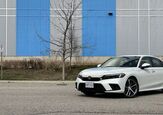










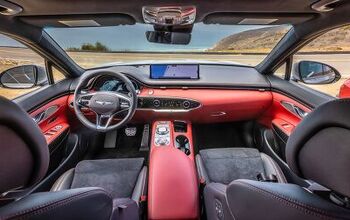


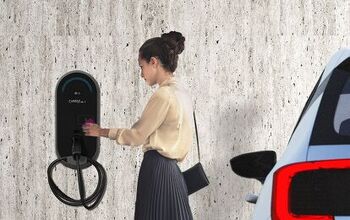



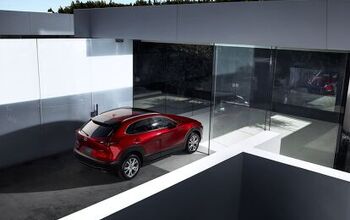
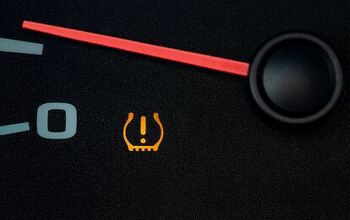







Comments
Join the conversation
Oh no, is Ford next... http://news.yahoo.com/s/yblog_theticket/20101223/pl_yblog_theticket/man-crashes-muscle-car-onto-george-w-bushs-lawn I doubt it.
Well, unintended acceleration would be realy scary, and I'm sure people have had it happen. But it simply hasn't happened the way some of the stories are told. It just can't. The thing is, the brakes on your car are stronger than your engine. Even if the throttle is open all the way, the brakes will stop the car. Even if they are in poor shape, they certainly will slow the car dramatically. I just don't believe there is any scenario where you car starts to accelerate and the brakes, front and rear, fail completely at the same time. This has been tested several times. I read an article in Car and Driver where they did exactly this- push the gas down all the way, hold it there and try to stop the car. The cars always stopped. Just to clear up one response above- the brakes aren't activated by an electronic signal. When you push the brake pedal you are directly acting on the master cylinder that delivers hydrolic pressure to the brakes. There aren't any electronics that can malfunction that will prevent the brakes from working.